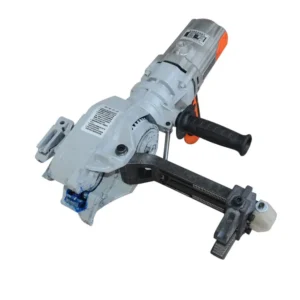Hip Dysplasia: A Guide to Understanding and Caring for Your Canine Companion
$79.00
**Navigating the Challenges of Hip Dysplasia: A Comprehensive Guide for Dog Owners**
Hip dysplasia is a common condition that affects dogs, causing pain and discomfort. Caring for a dog with hip dysplasia requires a multifaceted approach that includes medication, exercise, therapy, and lifestyle adjustments. This guide provides essential information and practical advice to help owners understand the condition, manage their dog’s symptoms, and ensure their well-being throughout their lives.
Description
Caring for a Dog with Hip Dysplasia
What is Hip Dysplasia?
Hip dysplasia is a common orthopedic condition in dogs that occurs when the hip joint does not develop properly. This can lead to pain, lameness, and arthritis in the affected joint. Hip dysplasia is a genetic condition, but it can also be caused by environmental factors, such as obesity and excessive exercise.
How is Hip Dysplasia Diagnosed?
Hip dysplasia is typically diagnosed based on a physical examination and radiographs (X-rays) of the hip joint. The veterinarian will look for signs of pain, lameness, and joint instability. The radiographs will show the degree of hip dysplasia and help the veterinarian determine the best course of treatment.
How is Hip Dysplasia Treated?
The treatment for hip dysplasia depends on the severity of the condition. In mild cases, conservative treatment options, such as weight loss, exercise restriction, and pain medication, may be sufficient. In more severe cases, surgical intervention may be necessary to correct the abnormal joint development.
What is the Prognosis for Dogs with Hip Dysplasia?
The prognosis for dogs with hip dysplasia is generally good with appropriate treatment. However, the condition can lead to chronic pain and arthritis in the affected joint. With proper care, most dogs with hip dysplasia can live a long and active life.
How Can I Help Prevent Hip Dysplasia in My Dog?
There are several things you can do to help prevent hip dysplasia in your dog:
- Choose a breeder who screens their dogs for hip dysplasia.
- Keep your dog at a healthy weight.
- Avoid excessive exercise for young dogs.
- Provide your dog with a joint supplement.
By following these tips, you can help your dog stay healthy and free from hip dysplasia.





